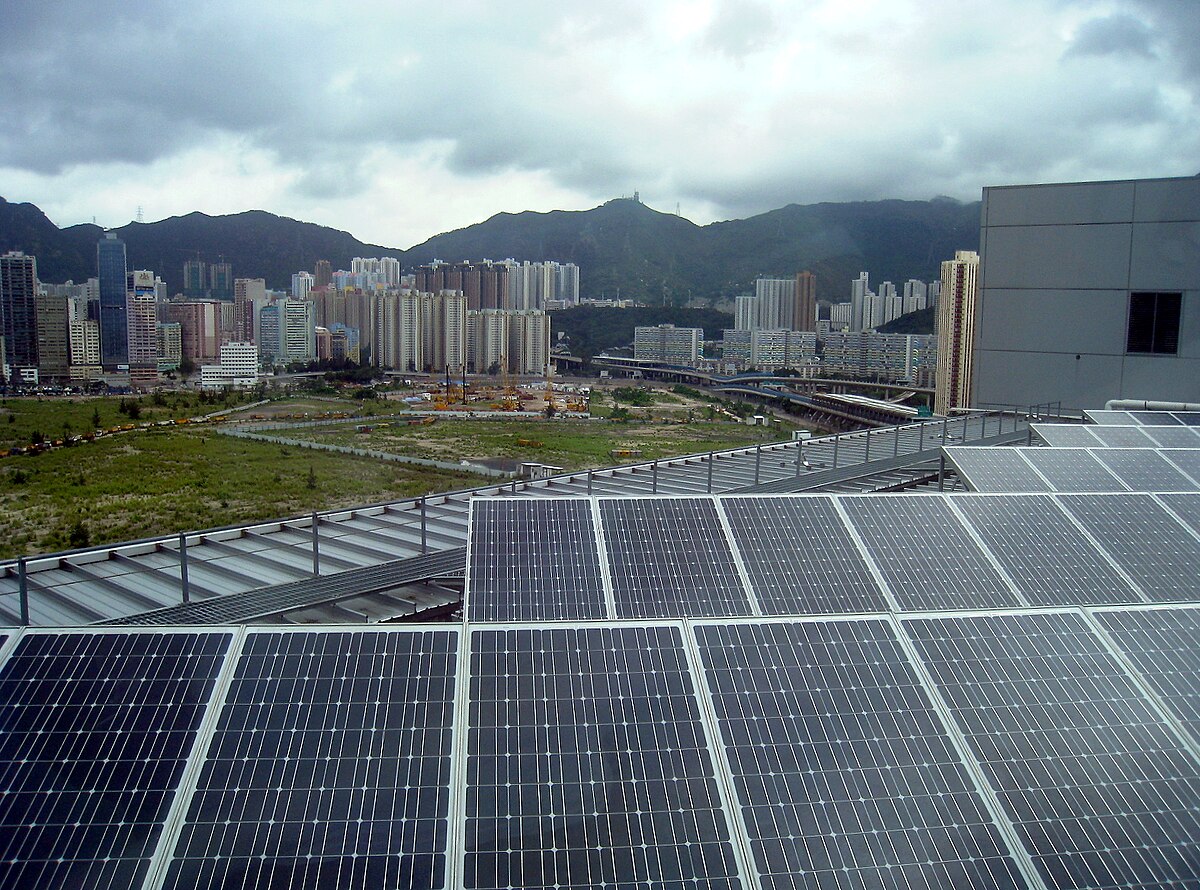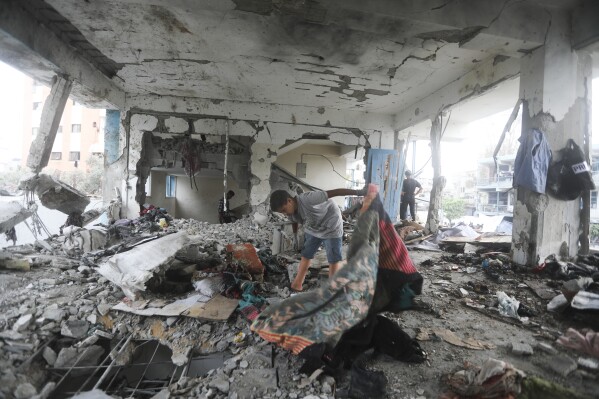State media in Iran resumed live broadcasting shortly after Israel launched a targeted airstrike on the Islamic Republic of Iran Broadcasting (IRIB) headquarters on Monday, escalating the already intense conflict between the two nations.
“The Zionist regime, the enemy of the Iranian nation, carried out a military strike on IRIB just minutes ago,” said senior IRIB official Hassan Abedini. “But the voice of the Islamic revolution and great Iran will not be silenced through military aggression.”
Now in its fourth day, the Iran-Israel war has seen heavy casualties and widespread destruction. On Monday morning, Iran retaliated with a barrage of ballistic missile strikes targeting several Israeli cities, including Tel Aviv and Haifa, leaving at least 24 people dead. This came just hours after Israeli forces struck critical infrastructure in Tehran overnight.
Air raid sirens echoed throughout central Israel as video footage showed massive explosions lighting up the night sky. Israeli Prime Minister Benjamin Netanyahu responded by vowing to continue targeting Iran’s nuclear and missile capabilities.
READ MORE:
Punjab Budget 2025–26: Salaries, Development Spending See Major Hike
Meanwhile, Russia has called for restraint from Israel, with Deputy Foreign Minister Sergei Ryabkov stating that Tehran has a right to defend itself. Ryabkov warned that strikes on nuclear infrastructure risk severe global consequences, adding that markets are closely watching the evolving crisis.
According to Iran’s Ministry of Health, more than 220 civilians have died in Israeli attacks since the conflict began, including at least 70 women and children. One of the most devastating incidents occurred in Kermanshah, where Farabi Hospital was hit. Footage from Fars News Agency showed a collapsed ICU ceiling, with multiple patients injured by debris and shattered glass. Iran’s Foreign Ministry labeled the attack a “war crime,” though the Israeli military claimed it was unaware of the hospital strike.
Satellite imagery released by Maxar Technologies confirmed damage to a missile facility in Kermanshah, suggesting a broader Israeli objective to degrade Iran’s strategic military infrastructure.
The situation on the ground has become increasingly dire, with large numbers of Tehran residents fleeing the capital overnight as fears of a wider escalation grow.
In a rare move, Israeli opposition leader Yair Lapid called on the United States to directly intervene, describing the crisis as a global threat. He urged Washington to take action against fortified Iranian nuclear sites, including the heavily protected Fordow enrichment facility.
In parallel, Iran’s Islamic Revolutionary Guard Corps (IRGC) unveiled the Shahed-107, a new long-range suicide drone with a 1,500-kilometer range and piston engine. According to state media, the drone recently approached Israel’s Arrow 3 missile defense system, casting doubt on the system’s interception capabilities.
As hostilities grow fiercer and civilian tolls mount, the world watches anxiously, fearing the outbreak of a wider regional war.




